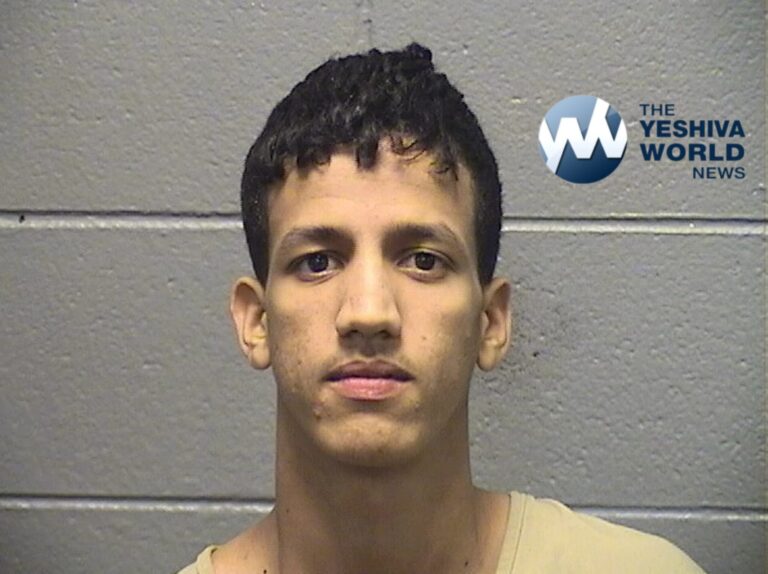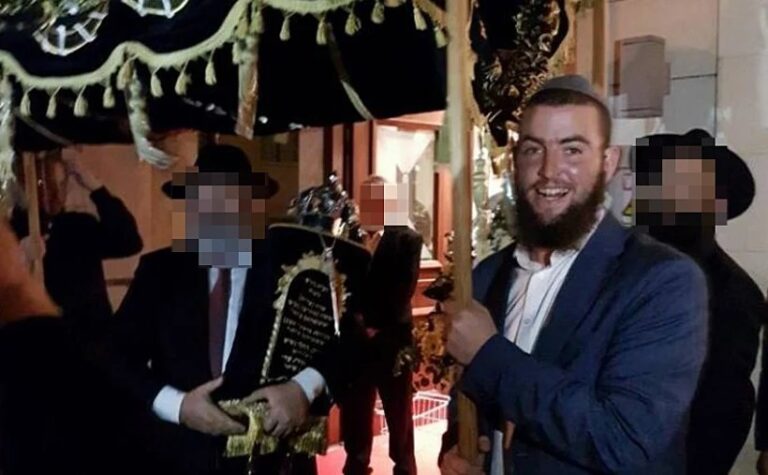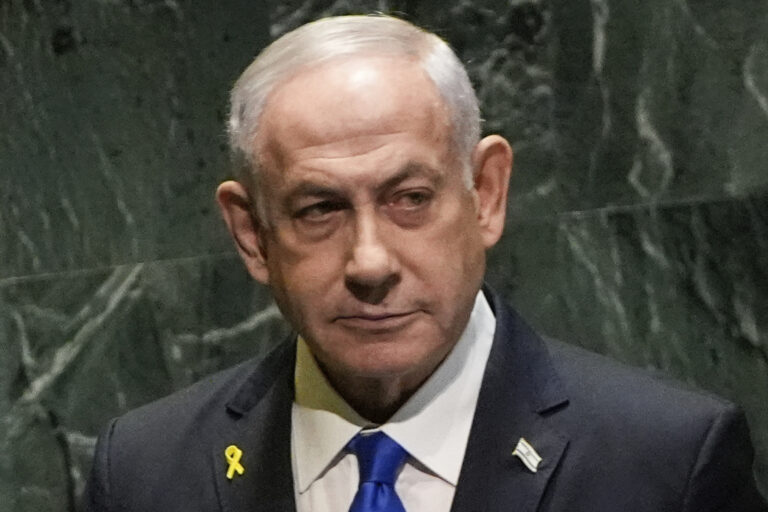Democrats’ first hearing in what they are calling an impeachment investigation quickly turned sour on Tuesday as their sole witness, former Trump campaign manager Corey Lewandowski, refused to answer most of their questions. Lewandowski was following White House orders not to discuss confidential conversations with the president beyond what was already public in former special counsel Robert Mueller’s report.
As the hearing began, Lewandowski — a devoted friend and supporter of the Republican president — demanded that Democrats provide him a copy of the report, sending Democratic staff scrambling to find one. Lewandowski then just read directly from report, making it clear that he wouldn’t say much beyond what Mueller wrote. Republicans on the panel then forced a series of procedural votes, immediately sending the hearing into disarray.
“He’s filibustering,” a frustrated Nadler said.
The hearing is the latest in a series of hurdles the committee has faced as they try to investigate Trump. Mueller himself testified this summer, with no bombshells. Two other witnesses who were subpoenaed alongside Lewandowski — former White House aides Rick Dearborn and Rob Porter — won’t show up at all, on orders from the White House.
It also underscores what has been a central dilemma for House Democrats all year — they have promised to investigate Trump, aggressively, and many of their base supporters want them to move quickly to try to remove him from office. But the White House has blocked their oversight requests at most every turn, declining to provide new documents or allow former aides to testify.
The Republican Senate is certain to rebuff any House efforts to bring charges against the president. And moderate Democrats in their own caucus have expressed nervousness that the impeachment push could crowd out their other accomplishments.
Still, the Judiciary panel is moving ahead, approving rules for impeachment hearings last week. Among those guidelines is allowing staff to question witnesses, as will happen for the first time with Lewandowski.
Lewandowski was a central figure in Mueller’s report. Mueller’s investigators detailed two episodes in which Trump asked Lewandowski to direct then-Attorney General Jeff Sessions to limit Mueller’s investigation. Trump said that if Sessions would not meet with Lewandowski, then Lewandowski should tell Sessions he was fired.
Lewandowski never delivered the message but asked Dearborn, a former Sessions aide, to do it. Dearborn said he was uncomfortable with the request and declined to deliver it, according to the report.
Porter, a former staff secretary in the White House, took frequent notes during his time there that were detailed throughout the report. He resigned last year after public allegations of domestic violence by his two ex-wives.
In letters to the committee on Monday, the White House said that Dearborn and Porter were “absolutely immune” from testifying. White House counsel Pat Cipollone wrote that the Justice Department had advised, and Trump had directed, them not to attend “because of the constitutional immunity that protects senior advisers to the president from compelled congressional testimony.”
In a separate letter, Cipollone said that Lewandowski, who never worked in the White House, should not reveal private conversations with Trump beyond what is in Mueller’s report. He wrote that his conversations with Trump “are protected from disclosure by long-settled principles protecting executive branch confidentiality interests.”
Democrats say the White House’s rationale isn’t legally sound. Nadler said the White House’s position is “a shocking and dangerous assertion of executive privilege and absolute immunity.”
He added: “The President would have us believe that he can willfully engage in criminal activity and prevent witnesses from testifying before Congress — even if they did not actually work for him or his administration.”
(AP)











